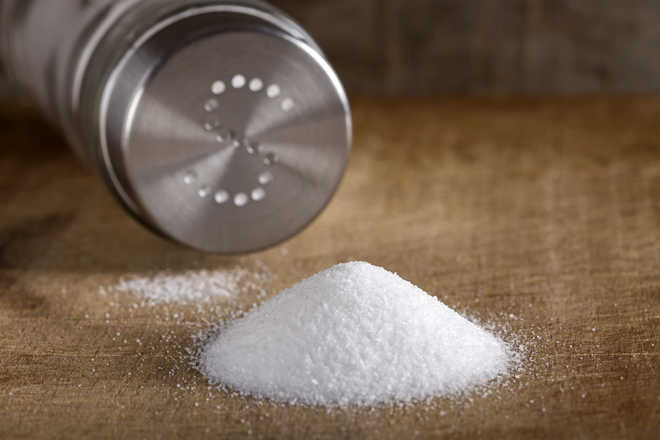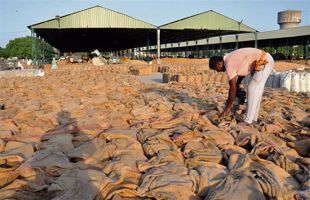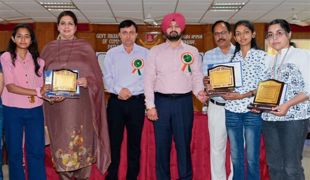
Thinkstock photo
Toronto, January 8
Scientists have used table salt to give common surgical masks the ability to trap and kill virus, an advance that may help keep deadly infections such as MERS and SARS at bay.
Hyo-Jick Choi, professor at the University of Alberta in Canada noticed that many people wear a simple surgical-style mask for protection during outbreaks of influenza or other potentially deadly viruses such as severe acute respiratory syndrome (SARS) or Middle East respiratory syndrome (MERS).
The masks were not designed to prevent the spread of viruses.
Choi and his team developed a salt formulation and applied it to the filters, in the hope that salt crystals would “deactivate” the influenza virus.
The mechanics of simple chemistry make the treatment work. When an aerosol droplet carrying the influenza virus contacts the treated filter, the droplet absorbs salt on the filter.
The virus is exposed to continually increasing concentrations of salt. As the droplet evaporates, the virus suffers fatal physical damage when the salt returns to its crystallised state.
While developing solid vaccines, Choi observed that sugar used for stabilising the vaccine during the drying process crystallises as it dries out.
When crystals form, sharp edges and spikes take shape and they physically destroy the virus vaccine.
“We realised that we could use that to our advantage to improve surgical masks,” said Choi.
In a series of experiments and tests the team arrived at a perfect treatment that improves the efficacy of the fibre filter inside the masks.
By using a safe substance (table salt) to improve an existing, approved product, Choi sees very few roadblocks to implementing the innovation.
“Surgical masks were originally designed to protect the wearer from infectious droplets in clinical settings, but it does not help much to prevent the spread of respiratory diseases such as SARS or MERS or influenza,” said Choi.
Airborne pathogens like influenza are transmitted in aerosol droplets when we cough or sneeze. The masks may well trap the virus-laden droplets but the virus is still infectious on the mask.
Merely handling the mask opens up new avenues for infection. Even respirators designed to protect individuals from viral aerosols have the same shortcoming - viruses trapped in respirators still pose risks for infection and transmission.
Masks capable of killing viruses would save lives, especially in an epidemic or pandemic situation.
The study appears in the journal Scientific Reports. — PTI



























